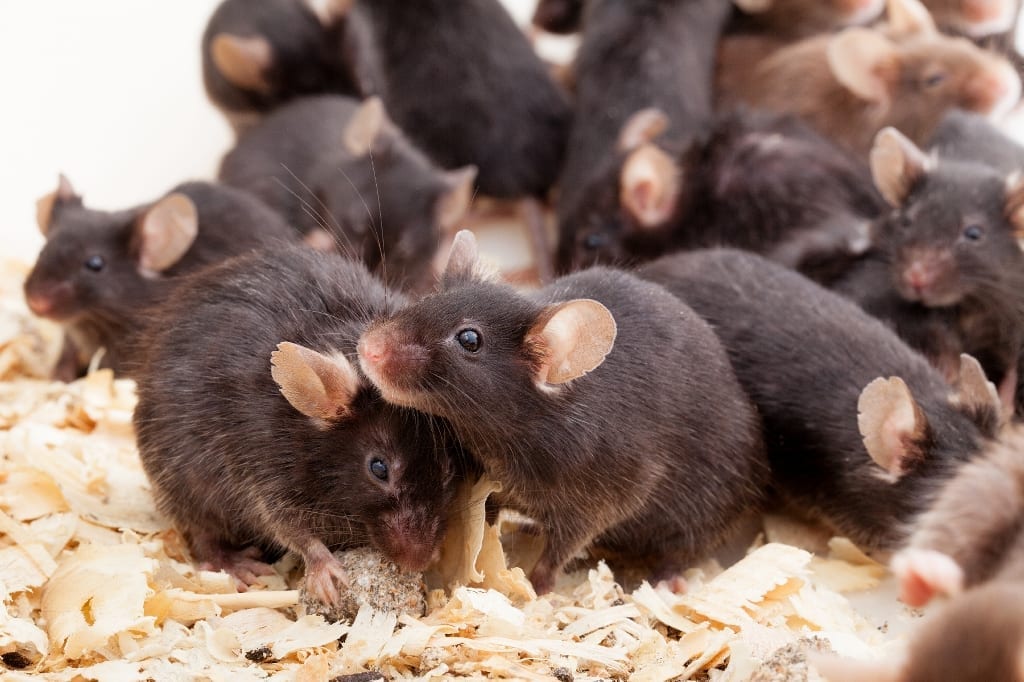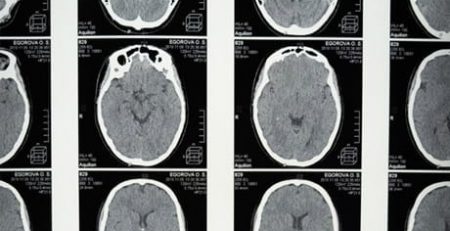Sex Bias of Lab Animals May Impact Outcome of Studies
A new study published in Nature Communications is addressing a potential issue in the research community that has long been overlooked – does the gender of lab rats used in laboratory testing have an impact on a trial’s outcome?
“It has generally been assumed that as men and women are biologically similar, the results gained from animal models in general investigations can be applied to both sexes,” IFLScience.com stated. “But it seems that sex may have a much more important role to play and may influence the results in some cases.”
Researchers from the Wellcome Trust Sanget Institute and the International Mouse Phenotyping Consortium compared 234 physical traits in 14,000 male and female mice and found that the animal’s sex influenced over 50% of quantitative traits and almost 10% of qualitative traits. They then genetically altered 40,000 mice in order to observe if gender had any impact on these same traits. Their results showed sex altered the effect of the mutation in almost 18% of all quantitative traits (such as bone mass) and over 13% of qualitative traits (such as head shape).
“This study illustrates how often sex differences occur in traits that we would otherwise assume to be the same in males and females,” Professor Judith Mank explained.
The scientists suggest that the results could impact more than half of all of their studies and likely many conducted elsewhere. They believe these findings could have a significant impact on the design of future experiments, and may call into question some of the results of previously conducted research.














